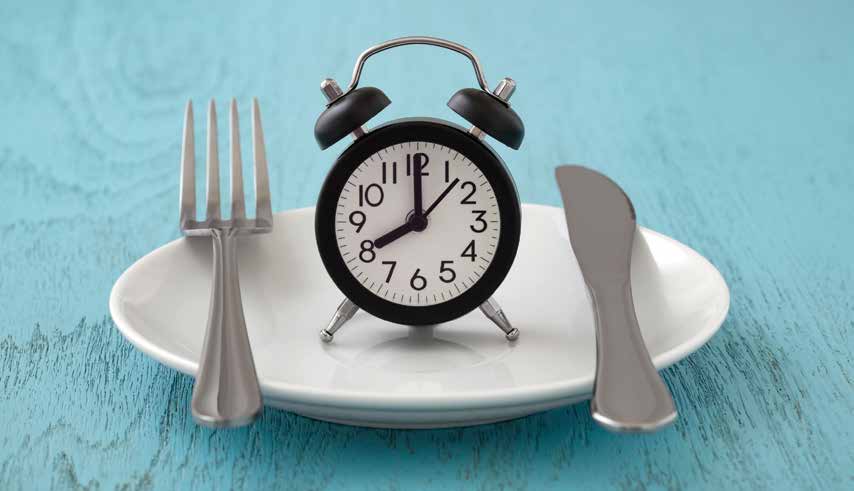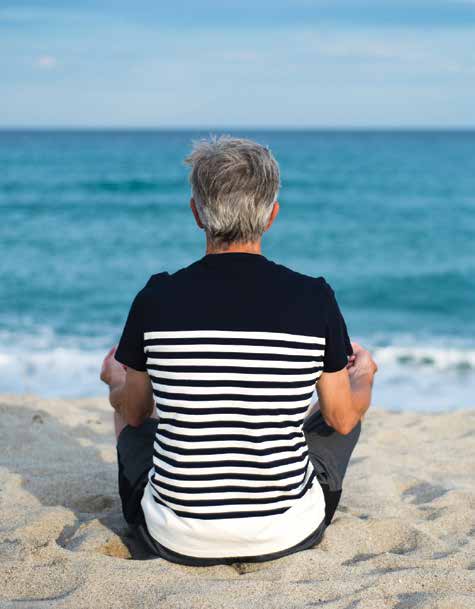Fasting Ain’t Gonna Kill You
But It Might Just Save Your Life

When my parents visit, we talk little about what to do. However discussions about food consume an inordinate amount of attention. What will we eat? Where will we eat ? This we talk about . Should we go out or will Papa cook dinner? Before one meal ends, we are discussing what to eat at the next. This obsession seems so Jewish, especially since every Jewish holiday involves eating. Given Judaism’s food fetish, doesn’t it strike you as ironic that on Yom Kippur, the holiest day of the Jewish year, Jews are told to reign in on the impulse to eat?
Fasting ain’t about forgiveness
I suspect that many of us misunderstand the reasons for fasting. We don’t fasting. We don’t fast to make up for all the self-indulgence we permit ourselves the rest of the year. If that were the reason, we would have to fast for much more than one day. We don’t fast so that God will see our discomfort, feel pity, and grant our prayers. This was the mistaken understanding of the people who confronted the prophet Isaiah in the Yom Kippur Haftarah portion. They said, “We’ve fasted all day…made ourselves miserable. Why hasn’t God answered our prayers?” When we think of all who are really suffering in the world—starving and dying—how could it ever have occurred to us that God should give us something just because we’ve skipped lunch? No, as Rabbi Julia Weisz teaches, the purpose of our fasting is not to send a message to God but to deliver a message to ourselves.

Fasting ain’t gonna kill ya, but the way you are living could
Fasting on Yom Kippur, taught Rabbi Ramie Arian, forces us to confront the reality of our lives. On Yom Kippur, we ask ourselves, “If I were to have died today, how would I measure up? How would I be judged?” Fasting, along with other Yom Kippur customs—refraining from wearing leather, not shaving or washing or having sex—echo mourning customs and help us face these questions by imaginatively pre-enacting our own deaths. Through fasting, we face our own deaths in order to appreciate our lives. This self-reflection can lead us, ultimately, to make changes so that our lives become more worthwhile.
Exercise your soul
Rabbi Harold Kushner clarified the Torah’s intention. Torah teaches, v’initem et nafshoteichem, which the 16th-century King James Bible translated as “you shall afflict your souls.” In the 16th century, we fasted to make ourselves suffer because that’s what we deserved. Contemporary scholars, however, take the words to mean “you shall restrain your instincts; you shall practice self-control.” We are asked to fast on Yom Kippur not to afflict ourselves but to glory in the fact that we are human.
Just say no
We humans can do what no other living creatures on the face of God’s earth can do; we can say “no” to instinct. We can be hungry, but we choose not to eat. We can be angry, but we choose not to strike out. We can be sexually attracted, but we restrain ourselves. No other species can do that.
Think about it. How much of the suffering in today’s world comes when people fail to say “no” to instinct? There’s the “nice guy” who is hurt or angry and just wants to go out and hurt somebody to get even. There’s the “honest woman” who has access to other people’s money and cannot resist taking some of it. And then, these people excuse themselves by saying, “What do you want from me? I’m only human.” And Judaism’s answer i s that human nature is different from Nature. In the world of Nature, if you’re hungry, you eat. If you’re sexually aroused, you mate. If you’re stronger, you take what you want. But in the world of human nature, you control your instincts; they don’t control you.
Fasting as moral calisthenics
There may come a time when our future happiness depends on being able to say “no” to something very tempting. It may be a shady business deal; it may be an illicit sexual involvement. We will know that it is wrong, but it will be very tempting. If all our lives we have had no experience saying “no” to temptation and if all our lives we have been told that if we want something, we can have it, what are the odds we will get it right now? But if our experiences as Jews have been a whole series of moral calisthenics, exercises in overriding instinct, what does that do to our chances of getting it right? We fast to teach ourselves that we can do it, that it is not that hard to say “no” to instinct. And we teach ourselves that “I am human” is not a confession of weakness but an affirmation of real strength.
So this Yom Kippur, try fasting. It won’t kill you, but it just might save your life.
By Rabbi Paul J. Kipnes, Congregation Or Ami, Calabasas
orami.org | paulkipnes.org | FB: Rabbi Paul Kipnes



